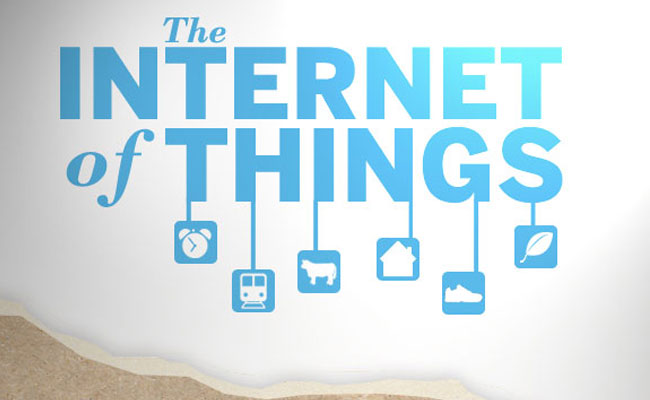A CompTIA survey says while IoT might be over-hyped, it still promises real business value. But IoT will place architectural constraints on organizations as a result of an overload of data. Cloud might be the answer.
November 24, 2014

By Lori MacVittie 1
The Internet of things (IoT) is over-hyped, but considered to promise real business value. According to a recent CompTIA survey, “Sizing Up the Internet of Things,” 51 percent of IT executives believe IoT opportunities justify the hype with 48 percent believing there’s more hype than substance right now.
Both are correct, of course. We’re in the midst of a ramp up of IoT hype and while there have been significant business opportunity already scooped up by those in a position to do so, the hype is also high. It’s the beginning of a technology trend, after all. Rising hype is to be expected.
One of the reasons behind the belief that the hype is greater than the substance is the reality that most organizations are not well suited to take advantage of IoT and its subsequent big data generating things. It’s not just technical constraints around network and system scale (which are obstacles, too) but architectural constraints on just where we’re going put all this data that’s going to be generated.
Earlier this year, Gartner (IT) touched on the issue of data and its storage in “Gartner Says the Internet of Things Will Transform the Data Center” noting:
Data — The impact of the IoT on storage is two-pronged in types of data to be stored: personal data (consumer-driven) and big data (enterprise-driven). As consumers utilize apps and devices continue to learn about the user, significant data will be generated.
Indeed, the split of data types brings to the table concerns regarding privacy, compliance and control over each type of data. After all, personal data is mine, mine I say, and thus I should have complete control over its access, use and storage. Enterprise data, on the other hand, is something of a no-man’s land with my preferences taken into consideration but ultimately its governance lies in the hands of those who collected and store it.
Cloud may be one way of resolving the problems associated with the need to build out ostensibly two separate (and costly) infrastructures to deal with storage, access and management of the data collected by the things that make up the IoT. Consumers, already well-versed in the use of cloud storage (seriously, my six year old believes cloud is synonymous with storage “out there” thanks to Minecraft) are more likely to be willing to “split the stream” as it were and use their own, cloud storage for personal data while traditional “big data” can be handled by the enterprise as it will (perhaps in the cloud as well).
By taking advantage of existing personal cloud storage options, organizations can shift the burden of storing and governing personal data onto the consumers who, for the most part, desire that control. The existing options for cloud and off-site data storage are mature and offer fairly robust integration methods (APIs) that organizations can take advantage of without extensive investment in the systems necessary to build out (and maintain) a similar environment on-premise.
Data storage and management is a critical component of the IoT. But we do need to, as Gartner as done, separate personal data from corporate, enterprise data before we begin designing the applications and systems that will enable organizations to participate and win in the economy of things. The differences in how and where we store, manage and govern access to both types of data has a very real impact on the design of the systems and applications that will eventually underpin the Internet of things.
Cloud storage is well-positioned tip at least the data obstacle toward substance.
Do you believe the IT industry as over-hyped IoT? How can organizations become better suited to leverage and manage IoT going forward?
You May Also Like
